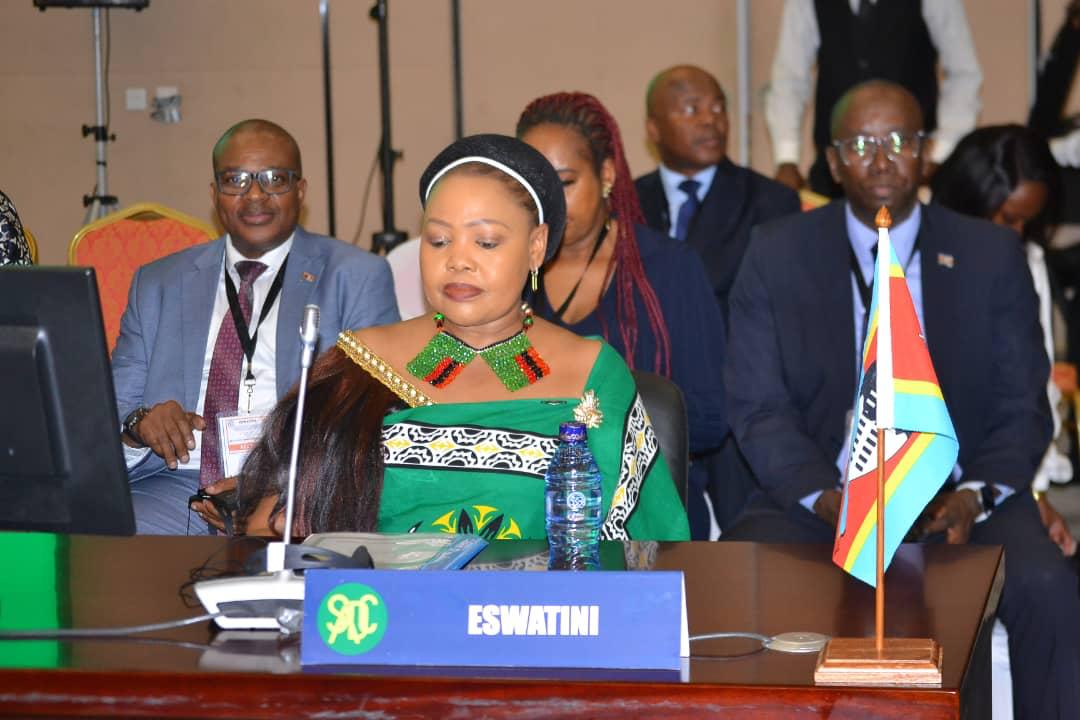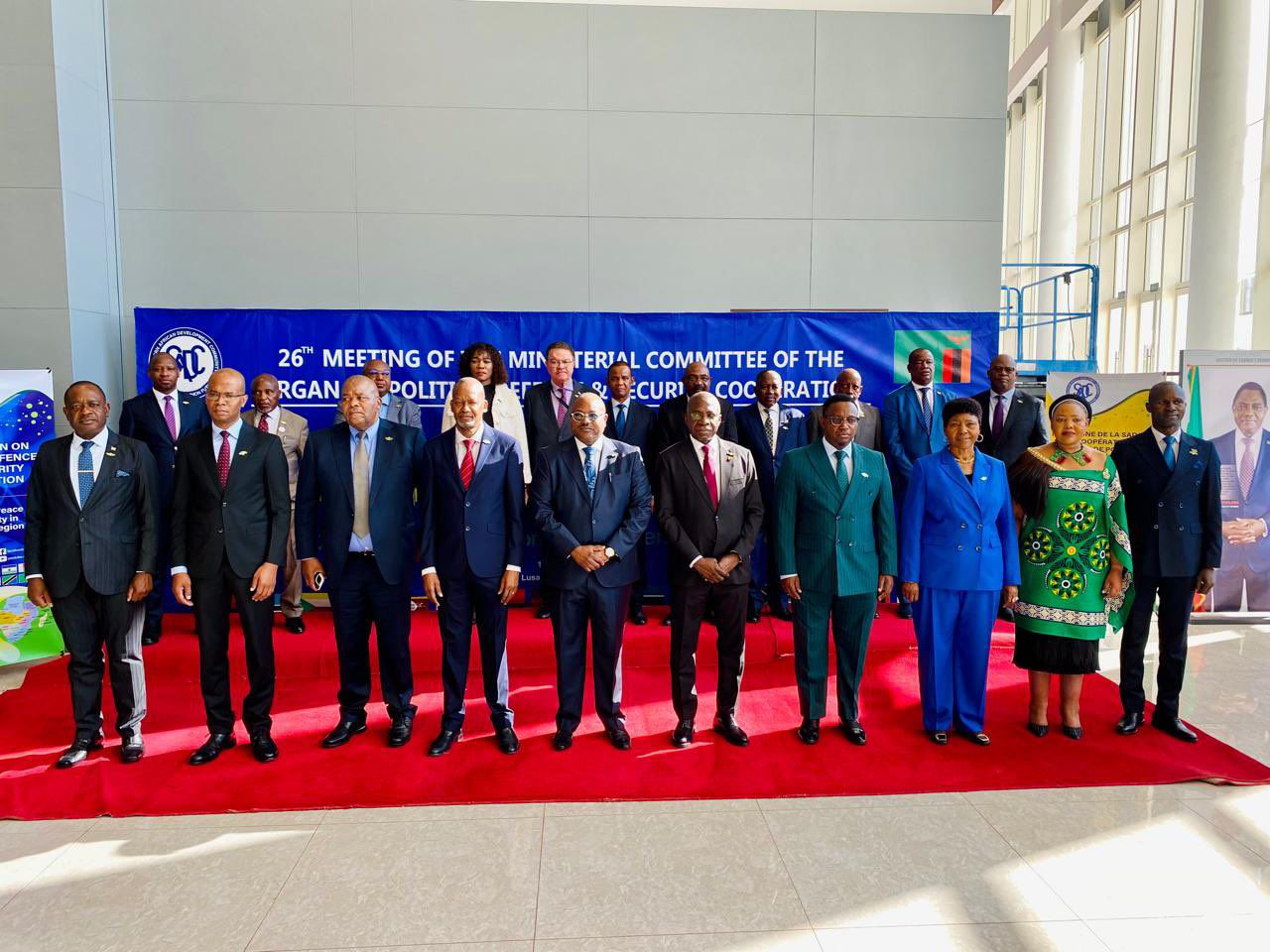By Ncaba Ntshakala
The Kingdom of Eswatini has emphasized that democracy within its borders remains aligned with cultural and societal values and that this system has evolved, and continues to evolve, in line with the dictates of emaSwati.
This assertion was made during the 26th Meeting of the Ministerial Committee of the Organ (MCO) on Politics, Defence, and Security Cooperation, held from July 11th to 12th, 2024, in Lusaka, Republic of Zambia.
During the meeting, Eswatini called upon the Southern African Development Community (SADC) and its Observer Missions to respect the will of the people as expressed through various pluralistic systems of governance.
RELATED: Senators want Tinkhundla system marketed globally
The Kingdom highlighted the importance of not imposing different standards that do not resonate with the local values and the specific context of each member state. This was a significant plea for cultural sensitivity and respect for the unique democratic expressions within the SADC region.
The MCO meeting saw a convergence of Ministers of Foreign Affairs, Defence, and State Security from SADC Member States. Eswatini was represented by Minister of Foreign Affairs and International Cooperation, Senator Pholile Shakantu, alongside officials from the government and the Umbutfo Eswatini Defence Force (UEDF).
Preparations for the August 2024 SADC Summit of Heads of State and Government were a central focus of the MCO deliberations. Key discussions included the political and security situation in the eastern Democratic Republic of Congo (DRC) and the critical role of Member States in supporting the success of the security mission in the region.

The strategic withdrawal of SADC troops from Cabo Delgado in Northern Mozambique was also noted, with Member States expressing gratitude for the time and resources dedicated to stabilizing the area.
Eswatini’s intervention during the meeting responded to the SADC Electoral Observation Mission (SEOM)’s report, which included recommendations for the Kingdom. The Kingdom detailed the intricacies of the Tinkhundla electoral system, illustrating how it aligns with democratic principles while being rooted in the cultural context of emaSwati.
This intervention was subsequently incorporated into the meeting’s outcome document, emphasizing the recognition of the Tinkhundla system as the chosen governance structure by the people of Eswatini.
The MCO meeting was chaired by Hon. Mulambo Haimbe, SC, M.P, Minister of Foreign Affairs and International Cooperation of the Republic of Zambia, who presided over the discussions in his capacity as the Chairperson of the MCO.
RELATED: Finding economic growth pathways requires attention to governance
In accordance with Article 5 of the SADC Protocol of the Organ on Politics, Defence, and Security Cooperation, the MCO coordinates the work of promoting peace and security in the region, composed of ministers responsible for these critical areas from all SADC Member States.
The SADC Organ on Politics, Defence, and Security Cooperation plays a pivotal role in ensuring a stable and secure environment conducive to regional cooperation and integration.
Judge Ticheme Dlamini lauded for exemplary service as SEAC Chairman
DURING the meeting, the Chairman of the SADC Organ Troika, His Excellency Mulambo Haimbe, Minister of Foreign Affairs and International Cooperation, and Elias Magosi, SADC Executive Secretary, expressed their profound gratitude to Judge Ticheme Dlamini for his outstanding contributions during his tenure as Chairman of the SADC Electoral Advisory Council (SEAC).
Judge Ticheme’s leadership was pivotal in promoting democratic practices across the Southern African Development Community (SADC). His commitment to electoral integrity and transparency has been highly commended.
Additionally, the Kingdom of Eswatini received accolades for hosting a Counter Terrorism Workshop and for its continued dedication to democracy through active participation in Election Observation Missions. It was said that the recognition highlights Eswatini’s role in strengthening stability and democratic values within the region.


